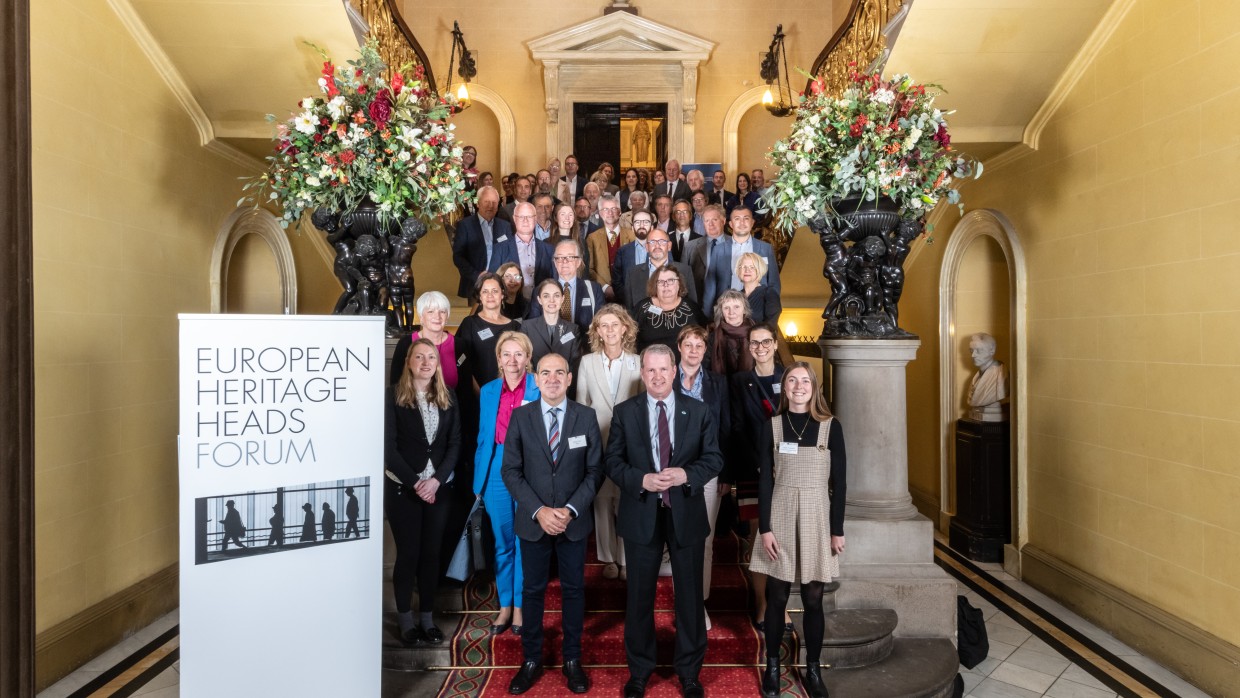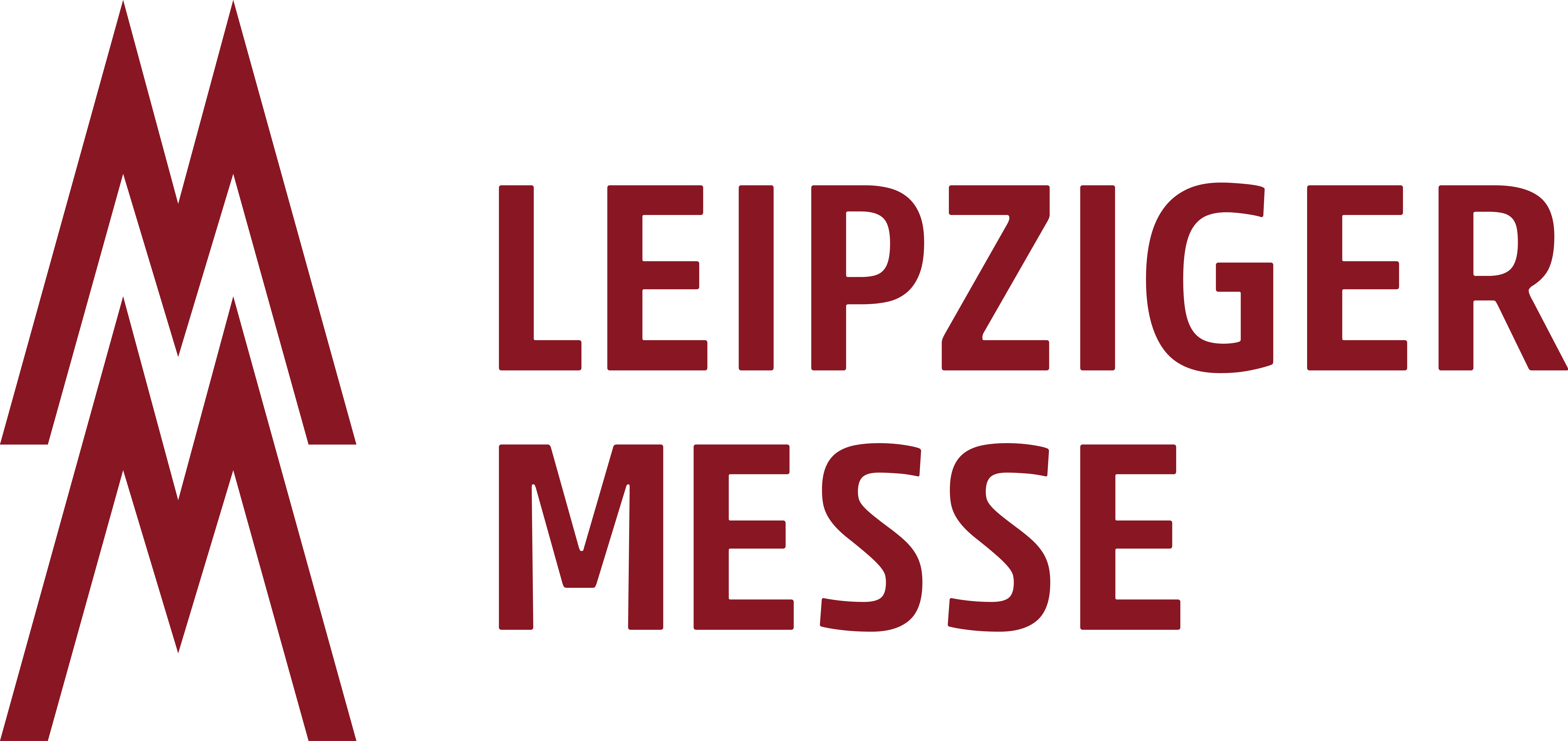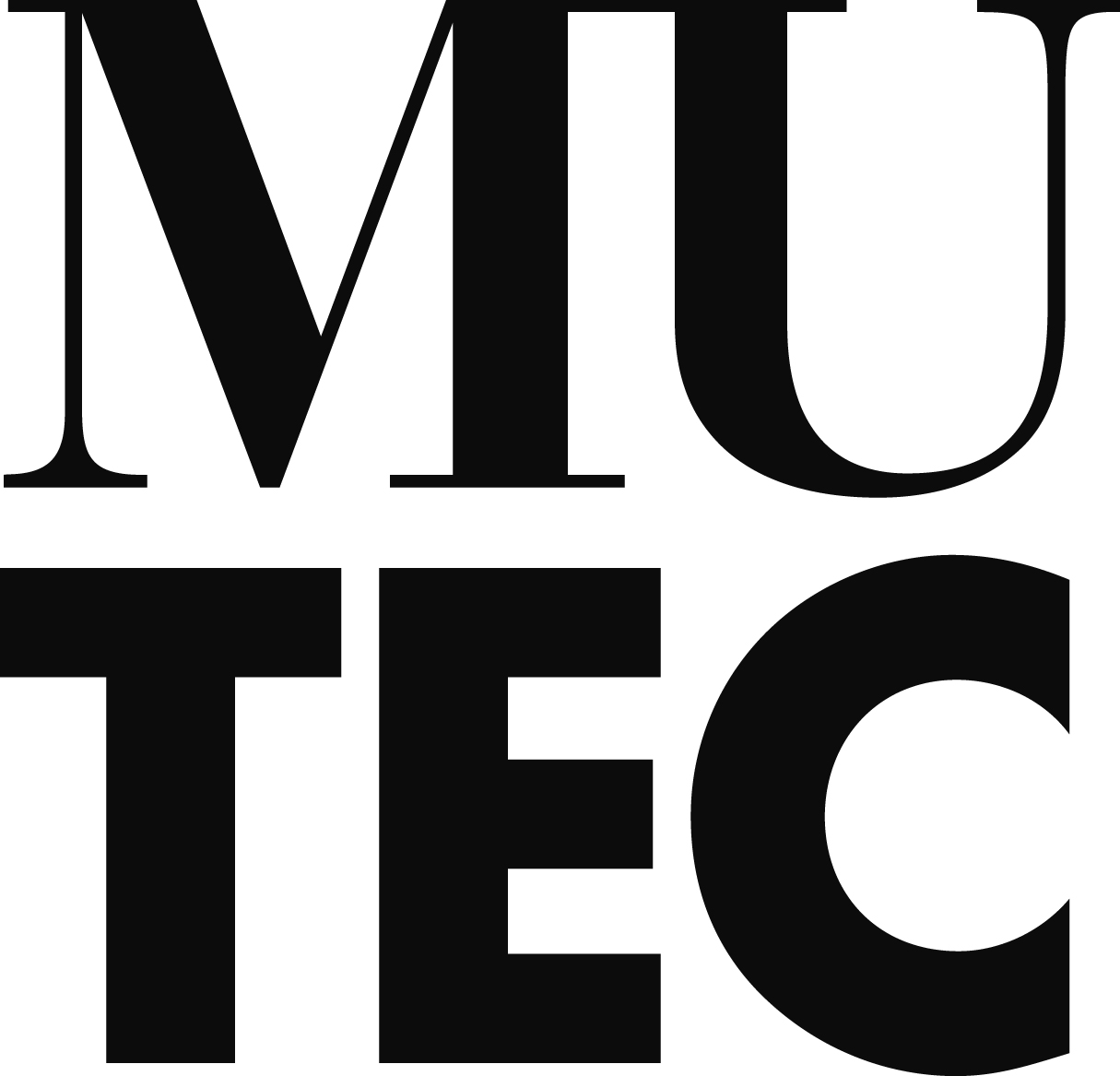News
News
Review: 16th Annual Meeting of the European Heritage Heads Forum
The European Heritage Heads Forum (EHHF) is the networking event for the most important leading figures in monument preservation in each European country. This year's European Heritage Heads Forum successfully took place from 18 to 20 May 2022 in Scotland (Edinburgh). The European Heritage Heads Forum enables the exchange of information and experiences relating to the management of the historic environment in the 21st century. In this interview, the German representative to the Forum, Senior Government Official Wolfgang Karl Göhner (Ass. iur.) from the Bavarian State Office for the Preservation of Monuments reflects on three inspiring days focused on preservation, which especially revolved around the Russian war of aggression in Ukraine.
The European Heritage Heads Forum (EHHF) is an informal, professional and expert network for leading managers of national heritage (building heritage, landscapes and archaeology) from countries in the European Union, the European Economic Area and the member states of the Council of Europe. The members of the forum are mostly managing directors of national administrations or departments, agencies or institutes in charge of the conservation and protection of cultural heritage within the relevant national ministries or institutions. Since 2006, the members of the EHHF have been meeting up once a year, each time in a different country. Attendance is by invitation only. This year's representatives from Germany at the May Annual Meeting of the European Heritage Heads Forum were Prof Dr Markus Harzenetter, Chair of the Association of State Monument Conservationists (VDL) in Germany and Senior Government Official Wolfgang Karl Göhner (Ass. iur.) of the Bavarian State Office for the Preservation of Monuments.
This year's annual meeting marked the first return of the May Annual Meeting of the European Heritage Heads Forum since 2019. However, it was not a return to "business as usual" as plenty has changed since then as a result of the current crises. Although major challenges have arisen, at the same time, the creativity and resilience of the monument preservation sector were evident, and this was also in focus at the Forum meeting in Scotland this year. "From the very beginning, the meeting was overshadowed by the topic of the imperialistic Russian invasion of the Republic of Ukraine, which dominates nearly everything at the moment. Based on their perspective on the current situation, the neighbouring countries in particular and most notably the Republic of Poland were able to confirm the planned destruction of cultural heritage as part of the strategy for practically exterminating a nation as well as emphasising the necessity and options to provide protection and assistance there from abroad," Senior Government Official Wolfgang Karl Göhner (Ass. iur.) of the Bavarian State Office for the Preservation of Monuments reports.
"These introductory discussions were followed by a tremendously moving live Zoom report from the Ukrainian Deputy Minister of Culture, who also showed us all visually what it means when international treaties – in this case for the protection of the universal cultural heritage of the world, but also of individual peoples, states, regions, and locations – are actually, or intended to be systematically destroyed and essentially erased. The Scottish Minister for Culture and International Development and for the Ukrainian Refugee Affairs then opened the discussion about the possibilities – including among the parties in attendance and their organisations – for providing effective professional and, where possible, financial assistance. Finally, the Edinburgh Resolution was prepared and approved," according to Göhner. In an official statement, the Heads of the State Offices for the Preservation of Monuments here declared their solidarity and support for Ukraine's cultural heritage institutions and continue to demand that Russia respect the conventions for the protection of cultural heritage in Ukraine.
As regards content, this year's European Heritage Heads Forum also addressed the topic of developments and results of the pandemic for the cultural sector including cultural heritage in the EHHF member states and various aspects of public participation in cultural heritage as well as the consequences of tourism for cultural heritage. Attention was also given to the increasingly evident need to particularly secure craft skills and abilities for the future and the development of the EU legal system with an emphasis on areas such as the EU renovation wave, energy efficiency regulations, or the so-called lead ban in the REACH Regulation, which directly impacts the cultural heritage of the EU member states.





